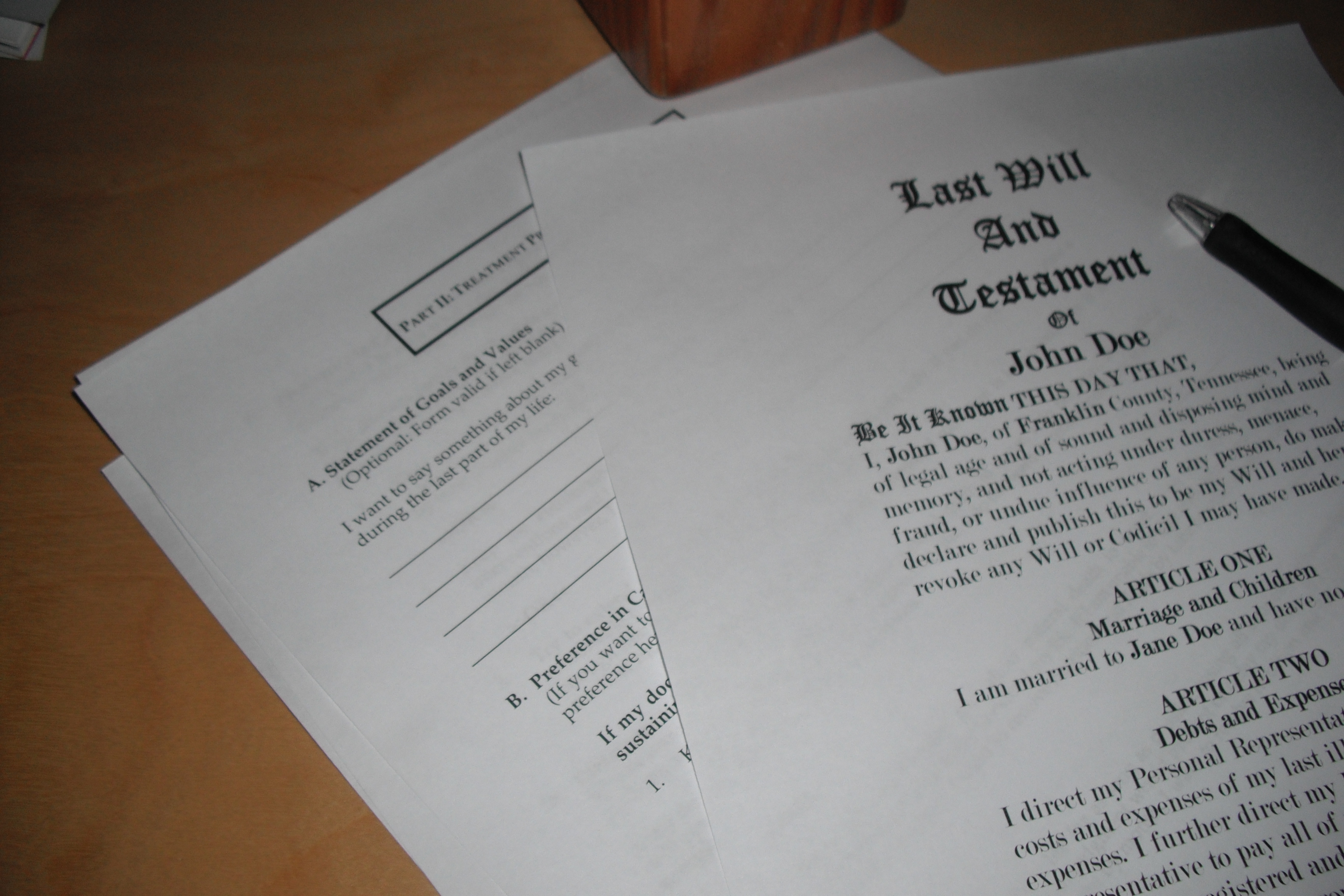
Craig D. Bell* and Michael H. Brady**, Annual Survey of Virginia Law Taxation, 54 U. Rich. L. Rev. 133 (2019).
Click here to download PDF.
This Article reviews significant recent developments in the laws affecting Virginia state and local taxation. Its Parts cover legislative activity, judicial decisions, and selected opinions and other pronouncements from the Virginia Department of Taxation (the “Tax Department”) and the Attorney General of Virginia over the past year.
Part I of this Article addresses state taxes. Part II covers local taxes, including real and tangible personal property taxes, license taxes, recordation taxes, and administrative local tax procedures.
The overall purpose of this Article is to provide Virginia tax and general practitioners with a concise overview of the recent developments in Virginia taxation that are most likely to impact their clients. However, it does not address many of the numerous minor, locality-specific or technical legislative changes to Title 58.1 of the Virginia Code, which covers taxation.

J. William Gray Jr.* & Katherine E. Ramsey**, Annual Survey of Virginia Law Wills, Trusts and Estates, 54 U. Rich. L. Rev. 183 (2019).
Click here to download PDF.
The 2019 Virginia General Assembly did not enact any major new legislation, but it did pass several significant amendments. Among the most useful was an amendment to the Virginia Uniform Transfers to Minors Act which extended the maximum age for custodianships from twenty-one to twenty-five. The legislature also decided to cease imposing income taxes on estates and trusts whose sole connection to the Commonwealth is that they are being administered here. It responded to two recent court cases involving the required execution formalities for leases and the right to award attorneys’ fees in actions involving an agent’s breach of fiduciary duty under a power of attorney. Among other legislative actions, the General Assembly modernized the recordation tax exemption for certain deeds of distribution; dealt with issues affecting Virginia’s small estate, wrongful death, and property tax exemption statutes; made it easier for financial institutions to combat financial exploitation of the elderly; strengthened the enforcement of reporting requirements for guardians; and protected circuit court clerks who disclose probate tax return information to the commissioner of accounts or who destroy wills they have been holding for 100 years or more.
For its part, the Supreme Court of Virginia handed down six decisions addressing the presumption of undue influence, the attestation requirements and principles of construction applicable to wills, the legal effect of naming an estate or trust (rather than the fiduciary) as the sole party to a suit, the application of Virginia’s long-arm statute in an elder abuse case, and the legal requirements for execution of a lease with a term of five years or more.
Suzanne A. Kim *
Legal discussions of inequality often focus on the virtues of one legal status or regulatory structure over another, but a guarantee of the right to a particular legal status does not ensure a lived experience of equality in that status. In moments of legal change, when a person or class of persons obtain a new status or gain rights that had previously been denied to them, the path from one legal status to another becomes critically important and may itself be impacted by race, gender, age, and other factors. The process of transitioning to a new status can be complex and burdensome in unexpected ways, and lack of attention to that process can impair persons’ inhabitation of their newly acquired legal rights.
This article examines the underexplored issue of inequality in the process of shifting legal relational status and posits a new framework of “Transitional Equality” to address vulnerabilities that may arise during the process of transition itself. Focusing on the constitutional law of intimacy, this article discusses the specific case study of tens of thousands of same-sex couples who have transitioned from the legal status of unmarried to married after the Supreme Court’s 2015 decision on marriage equality in Obergefell v. Hodges. Same-sex couples face substantially different process burdens than different-sex couples when moving from from unmarried to married, and for some couples the burdens may be exacerbated by racism, poverty, and other structural obstacles. Achieving the promise of equality requires attention to such factors and their impact on the lived experience of becoming married.
Transitional Equality is a framework for identifying obstacles to full enjoyment of new legal rights and building resilience in the process of moving from one legal relational status to another. This article situates this new framework in reference to critical legal theory, constitutional doctrine, legal policy, and areas for future policy innovation and sociolegal research.
We are in the midst of a robust public discussion of various forms of inequality, including in regard to gender and sexuality, economic opportunity, health, criminal justice, immigration, education, and other areas. Transitional Equality provides a framework for identifying obstacles and solutions on the path to achieving equal rights that have been promised under law.
Continue reading
* Professor of Law and Judge Denny Chin Scholar, Rutgers Law School. For generous engagement on the ideas contained here, I thank Jamie Abrams, Kerry Abrams, Carlos Ball, Arianne Renan Barzilay, Noa Ben-Asher, Alexander Boni-Saenz, Naomi Cahn, June Carbone, Colleen Chien, Bridget Crawford, Deborah Dinner, Jessica Dixon Weaver, Max Eichner, Martha Fineman, Suzanne Goldberg, Julie Goldscheid, Meredith Johnson Harbach, Andy Hayward, Christina Ho, Kevin Maillard, Solangel Maldonado, Maya Manian, Kaipo Matsumura, Jessica Miles, Melissa Murray, Kim Mutcherson, Douglas NeJaime, Chrystin Ondersma, Margo Pollans, Darren Rosenblum, Andrew Rossner, Clare Ryan, Fergus Ryan, Sabrina Safrin, the faculty of Pace University Law School, the Columbia Law School Center for Gender and Sexuality Law, the International Society of Family Law, the Vulnerability and the Human Condition Initiative at Emory Law School, and the University of Lund. I thank Taylor Craney, Christina La Bruno, Heather McLinn, Michael Licciardi, Alexandria Silva, and Nicole Virella for invaluable research assistance. I thank Rutgers Law School and the Shuchman Fund for Empirical Research for valuable support





